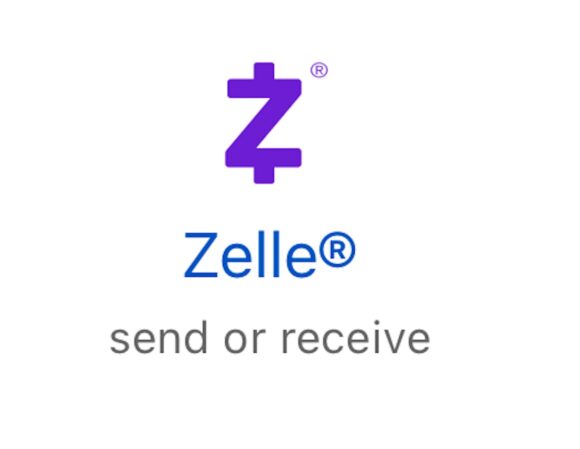U.S payment apps like Zelle have revolutionized the way people handle financial transactions, from paying the babysitter to splitting restaurant bills. The speed and convenience offered by these platforms have made them immensely popular, but they’ve also attracted scammers looking to exploit their advantages.
In 2023, consumers reported losing $210 million to fraud on payment apps, a staggering 62% increase from two years prior. Overall losses due to bank transfer or payment fraud surged by nearly 150% during the same period, reaching $1.9 billion. Yet, recovering money sent to fraudsters remains a significant challenge for many consumers.
The Problem with Zelle’s Refund Policy
One of the main issues is the inadequate refund policy from the major banks behind Zelle. A recent Senate investigation revealed that banks involved with Zelle “rarely” reimburse customers who are scammed. This is largely because existing laws do not explicitly require banks to compensate customers for transactions induced by fraudsters.
Zelle, for instance, indicates that while customers affected by unauthorized activities can generally reclaim their money, those tricked into making payments to scammers may not. Zelle’s website notes that transactions made under the influence of fraud are often considered valid because they were authorized by the user, making refunds challenging.
New Legislative Efforts to Protect Consumers
To address these issues, Democratic lawmakers have introduced new legislation aimed at closing gaps in current laws. The proposed bills, spearheaded by Rep. Maxine Waters in the House and Senators Richard Blumenthal and Elizabeth Warren in the Senate, seek to protect consumers from losses caused by fraud on payment platforms like Zelle, Venmo, and others.
The proposed legislation aims to shield consumers from liability when they are duped into authorizing transfers to scammers. It also seeks to eliminate exemptions for bank wire transfers and allow banks of the victims to recover funds from the banks that received the fraudulent transfers.
Legislative Support and Challenges
The introduction of this legislation faces hurdles, including potential opposition from the banking industry and uncertain prospects in the Republican-controlled House. However, supporters, including Senator Blumenthal, hope for bipartisan backing as the issue transcends party lines.
On the other hand, Zelle has responded by asserting its commitment to protecting consumers through effective fraud prevention measures. While Zelle does not offer payment protection, competitors like Venmo and PayPal provide purchase protection options for transactions with unknown sellers.
Real-Life Cases and Impact on Victims
A real-life example is the case of Ariana Duval, a college student who was scammed by fraudsters posing as a research professor. Duval lost $2,400 after being tricked into transferring money via Zelle. Despite filing a claim with Zelle, she did not receive a refund. This case highlights the real challenges faced by consumers and underscores the need for stronger legal protections.
Avoid Zelle Scam Facebook Marketplace
As the use of payment apps like Zelle continues to grow, it is crucial for legislation to keep pace and offer robust protection against increasingly sophisticated scams. The proposed bills represent a significant step toward better consumer protection, but challenges from the industry and political uncertainties may affect their implementation.
For consumers, vigilance and awareness remain the most effective tools to guard against fraud. For lawmakers, the primary challenge is balancing technological advancement with adequate protection for all parties involved.




